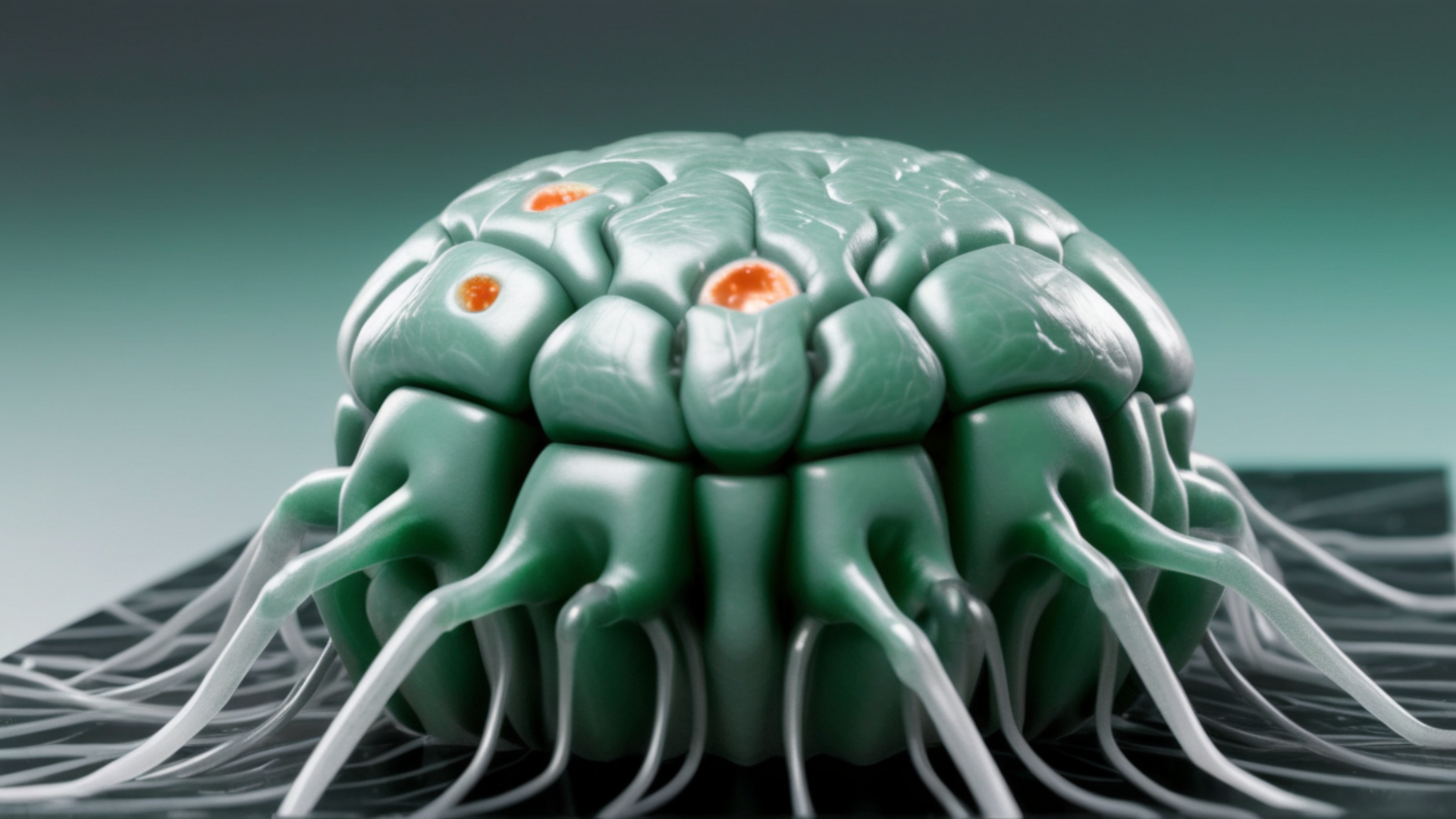Seeking mental health support is a brave step. Recognize the signs of needing help, such as persistent feelings of overwhelm or mood changes, and don't hesitate to reach out for support.

Knowing when to ask for help with mental health is a crucial step toward healing, but it isn’t always easy to recognize the signs. Think of it like a car’s check-engine light: subtle shifts in mood, energy, or behavior can signal that something deeper needs attention. If you’ve felt persistently overwhelmed, sad, angry, or exhausted for two weeks or more—especially if these feelings disrupt your daily life at work, school, or in relationships—it’s time to reach out. Other red flags include extreme mood swings, withdrawal from friends or activities you once loved, or physical symptoms like headaches or insomnia that don’t have a clear cause. When these experiences start to feel unmanageable, it’s not a sign of weakness to seek support—it’s an act of courage.
Anxiety, depression, or trauma aren’t just “bad days” you can power through alone. For example, if worry becomes so intense it triggers panic attacks, or if sadness makes it hard to get out of bed, professional help can provide relief. The same goes for substance use: relying on drugs or alcohol to cope with emotions, or noticing that your habits are harming your health or relationships, means it’s time to talk to someone. Mental health challenges don’t resolve on their own, and delaying care often allows symptoms to worsen. Early intervention, whether through therapy, medication, or lifestyle adjustments, can prevent crises and help you regain balance.
Reaching out doesn’t always mean starting with a therapist. Confide in someone you trust—a friend, family member, teacher, or doctor—and let them help you navigate next steps. Many people hesitate because they fear judgment or don’t know where to begin, but resources like the 988 Lifeline (call, text, or chat online) offer immediate, confidential support. Schools and workplaces often have counselors, and community health centers provide sliding-scale care. If you’re unsure whether your struggles “qualify” for help, remember: no issue is too small if it affects your well-being.
Treatment isn’t one-size-fits-all, and that’s okay. Some people benefit from talk therapy, while others find relief through medication or peer support groups. The key is staying open to solutions and patient with the process. Recovery might involve setbacks, but each step forward matters. And if you’re supporting someone else? Listen without judgment, offer practical help like researching providers, and remind them they’re not alone. Mental health care is a journey, but it’s one you don’t have to walk in silence—help exists, and it’s okay to ask for it.
KEYWORDS
health, reliefMOST READ
MORE TO READ

Mindfulness Practices Reduce Stress in Modern Life
Mindfulness practices help reduce stress and improve well-being by focusing on the present moment. They enhance emotional regulation and can be as effective as medication for anxiety.

Fruit Fly Brain Shows Unexpected Adaptability
The tiny fruit fly’s brain, with 140,000 neurons, reveals how focus and adaptability thrive under chaos—lessons to rethink wellbeing by filtering what truly matters in life’s noisy moments.

Spider Brains Reveal Human Waste System Insights
Scientists studying spider brains have uncovered a hidden brain waste removal system, which holds clues to Alzheimer’s disease. Nature-inspired research shows our brains have ancient cleaning mechanisms.

Human vs. chimp nerve cell study uncovers rapid evolutionary brain changes
Recent research reveals how rapidly evolving genetic switches called HARs uniquely shaped human brains, fueling our creativity and cognition—while inspiring us to mindfully nurture this evolutionary gift for growth.


